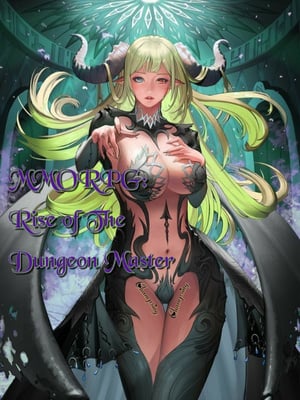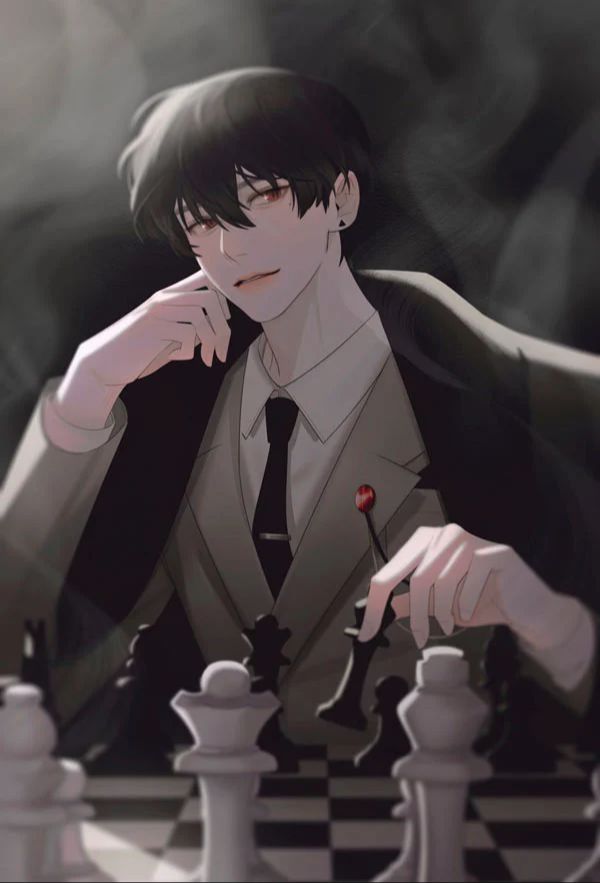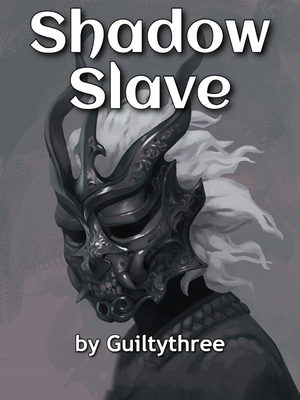Reviews
I’ve read up to Chapter 22, and after getting this far, I sincerely request the author to consider using a free or paid AI tool like ChatGPT, Gemini, etc. There are tons of errors—grammar, spelling, and sentence structure.
I’m not an English major, but even I gave up after reading through so many mistakes.
I really like the concept behind this story, and I genuinely enjoyed reading it. However, there's one glaring issue—a major plot hole that only becomes more prominent as the story progresses.
At first, everything flows smoothly within the "mob character" narrative. But everything changes the moment Lock Academy assigns the Author MC to Class A-25—the class that contains most of the top rankers. This is where the inconsistency begins: there is absolutely no logical reason for Lock Academy to place someone ranked 1750 into a class filled with elite students. Even according to the novel’s internal logic, this move makes no sense. The protagonist himself explains that the closer someone gets to their potential cap, the slower their growth becomes. So why would an elite institution—one explicitly focused on nurturing the future pillars of humanity—assign a student with D-rank potential to a class full of students with A to SSS-rank potential?
What makes this worse is that in Chapter 55, it's stated that there are over 2,000 students in the first year. Assuming these are ranked from 1 to 2000, it would make much more sense for students to be grouped by their rank range. The MC, ranked around 1750, should logically be placed in a class with others in the 1700–1800 range, while the top rankers (the main cast) would be placed in a group of ranks 1–100. Such a structure would naturally increase competition among the strongest students and align with the Academy’s supposed objectives.
This decision seems less like world-building and more like a shortcut by the author to force the MC into interactions with the main cast. Unfortunately, it undermines the entire "mob character" premise and strips the story of the unique charm it started with.
The second major flaw is the gradual loss of the mob character's core advantage. One of the appeals of a mob character is their ability to stay under the radar—mostly unaffected by the chaos and drama surrounding the central protagonists. However, as the story progresses, the MC becomes increasingly entangled with the main storyline and key characters. This not only nullifies the original narrative concept but also removes the tension and novelty that comes from viewing events from a background character’s perspective.
The third issue lies in the inconsistent portrayal of the MC’s family. Despite supposedly having a supportive household, the MC acts as if he’s completely alone—rarely asking for help or receiving any meaningful support. It's stated that his father is the leader of a mid-sized guild, yet the MC starts off with no skills, resources, or even basic manuals. Realistically, someone in that position should have access to at least a few 1- to 3-star skill manuals. If his father lacks even that, how did he become a guild leader in the first place?
One of the clearest examples of this disconnect is the stock market scenario. Instead of asking his family for money—something that could be justified with a simple excuse—he recklessly enters a dungeon, risking his life and nearly dying. He could have easily borrowed the funds, turned a profit, and returned the original amount. This behavior feels forced and inconsistent with both his background and the logic of the world.
I thoroughly enjoyed reading Shadow Slave for 2000+ chapters now—the world-building is rich, the characters are compelling, and the system is well-defined. However, if you've read deeply, you’ll start to notice some glaring narrative inconsistencies.
1. The Role of Government :The story sidelines governments, which feels unrealistic. Given the sheer scale of the Nightmare Spell emerging during a global dark wars, powerful nations would have been the first to explore it, amass data, and dominate the early nightmare expeditions. It's hard to believe they wouldn't produce any Sovereigns. Either governments collapsed completely and feudal clan-like structures rose, or they evolved into coalitions. A single, centralized government feels implausible under those global conditions.
2. Neglect of Technology : Humanity is known for advancing weapons and destructive technologies, especially during world wars. The lack of meaningful technological development or integration into fighting nightmares contradicts this trait. It makes no sense that researchers made no headway despite the existential threat.
3. Underuse of Utility-Based Awakened : Even if humanity failed to develop effective weapons, it would logically invest in utility-based Awakened—especially Saints—to build infrastructure, create artifacts, enhance agriculture, and support logistics. The near-total absence of such individuals, especially within the government, feels like a major oversight.
4. Flawed Premise of Sovereign Suppression : The idea that existing Sovereigns will automatically hunt down anyone attempting the Fourth Nightmare is flawed. The Dream Realm is vast and largely untraceable. How would Sovereigns know when or where someone is attempting ascension? Saints could easily hide in the waking world, conduct secret expeditions to lost continents or even bind to citadels in death zones to increase their power, or ascend within dangerous zones like the Nightmare Desert or Stormsea—areas even Sovereigns avoid. Take the House of Night, for instance. If their Saints ascend in secret, who could stop them? With top-tier diviners and Stormsea as their domain, they could hide their existence and protect their citadels with ease.
This logic extends to other Death Zones as well—if someone ascends in those vast, deadly regions, it’s neither easy nor sensible for Sovereigns to hunt them down.


